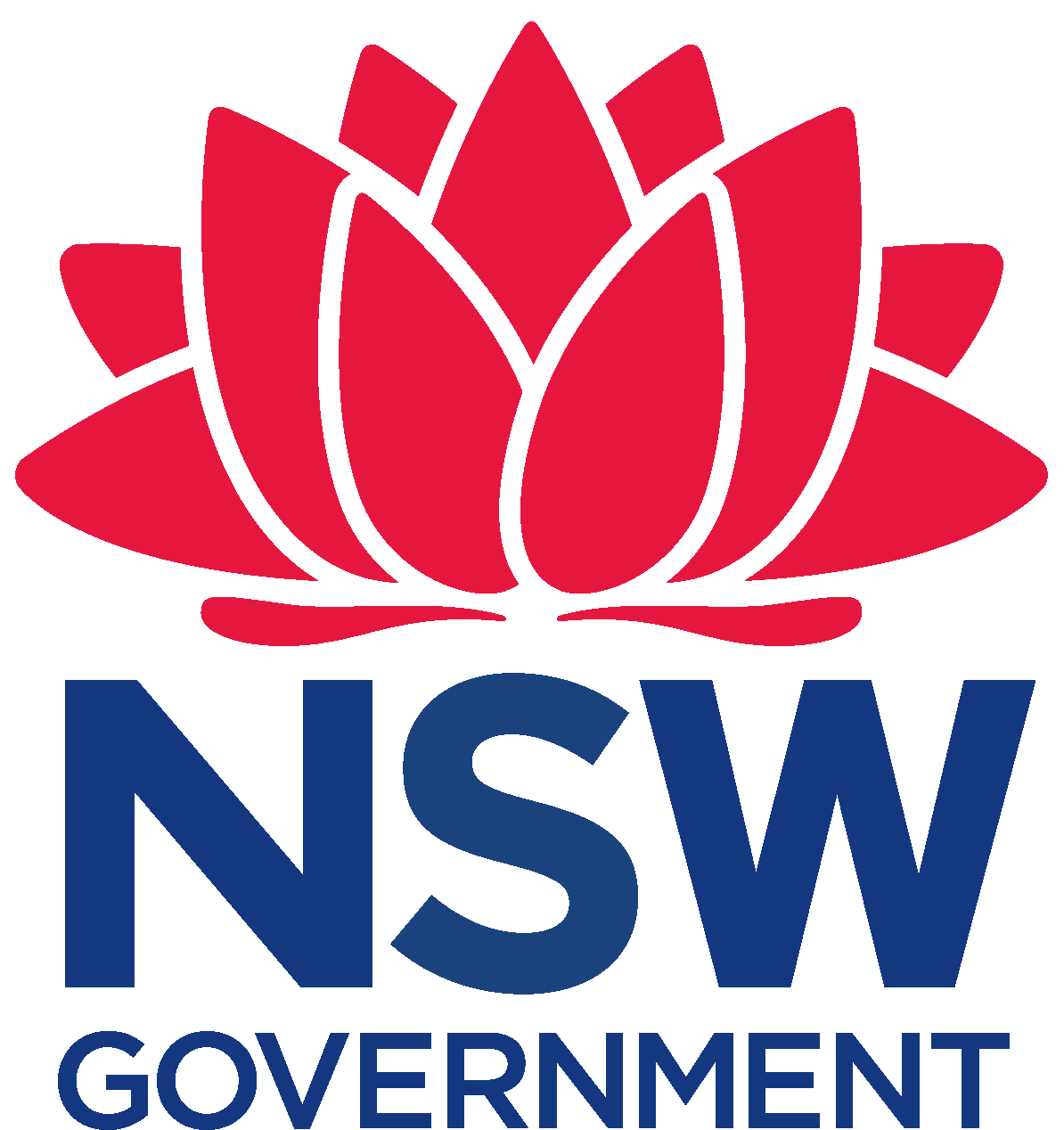When running a business we often get caught up in day to day tasks and don’t have the opportunity to look up, set out where we want to be and map out the best way to get there.
At Rural Financial Counselling Service, NSW we are all too familiar with the age-old adage ‘failure to plan is to plan to fail’ as we’ve seen many great farming businesses struggle when some goal setting and business planning was in order.
The good news is it doesn’t have to be complicated and our experienced Rural Financial Counsellors can help you through every step.
What’s involved with setting goals?
The good news is it doesn’t have to be complicated and our experienced Rural Financial Counsellors can help you through every step.
So what’s involved with setting goals?
The aim of goal setting
Let’s be clear, goals are not your dreams for the future. They may start that way, but goals are more concrete.
It’s all about getting clear on the direction of your farming business and your life – whether that’s in the immediate future or longer-term such as succession or sale planning.
Goals can help to keep you focused, drive your strategic decisions and help future-proof your business.
How to set goals
Setting clear and effective goals can be easier than you might think. We’ve pulled together our top tips to make sure your goals will actually serve your business.
1. Make them SMART – specific, measurable, attainable, realistic and timely
Ask yourself, are they focused, detailed and easily understood?
How can they be measured so I can I know when I have achieved them or need more work? Are my goals achievable?
What’s the deadline for reaching my goals?
For example:
Un-Smart Goal:
I need to manage the farm finances.
Smart Goal:
Within the next month I will ask for assistance from the Rural Financial Counselling Service to better understand the farm finances.
2. Write them down:
The act of turning the abstract thought into words on a page is a powerful process. It not only makes them feel within reach, but studies show that it is also linked to a greater commitment to achieving those goals. So, once you’ve written them down, stick them somewhere you will see them – on the fridge, in your office, your workbench or tractor dash – to keep them front of mind. And, of course, writing down your goals also makes the whole process more transparent when it comes time to assess progress.
3. Balance the needs and wants of you, your family and your business:
The secret to a meaningful business is to make sure your goals have room for success in your personal life as well as your business. And when it comes to farming, considering your family is often a vital part to the success puzzle.
4. Ensure your goals are aligned with the outcome of any business review activities you have
undertaken:
Joining the dots on your current business position and where you want to go is all part of being realistic and sets you up for a genuine win.
5. Consider both long and short-term goals:
Start with two years first (e.g. finish the fencing program; complete tax planning for this year), then set your sights further down the track (enrol in study; look at ways to retire from full-time farming). Having one eye on longer term goals helps make short term goals more manageable because your long-term direction will anchor you if things are knocked off track.
6. Prioritise:
Consider your goals in terms of timeframes (short term vs. longer term) and importance to you, your family and your business and rank/treat them accordingly.
What comes next?
While the advantages of setting goals are many, some people find that the process of reflection needed for goal setting also helps them reconnect with their purpose and reminds them why they chose farming life in the first place.
A positive effect of goal setting is that often people also find they have a renewed interest in their business and greater motivation to keep going.
Of course, goal setting on its own will not drive your business forward, but it is an important starting point to develop a plan to get to where you want to be. One by one, each goal you achieve helps you move towards a successful future.
If you could do with some support getting started, talk with one of our qualified rural financial counsellors today.



